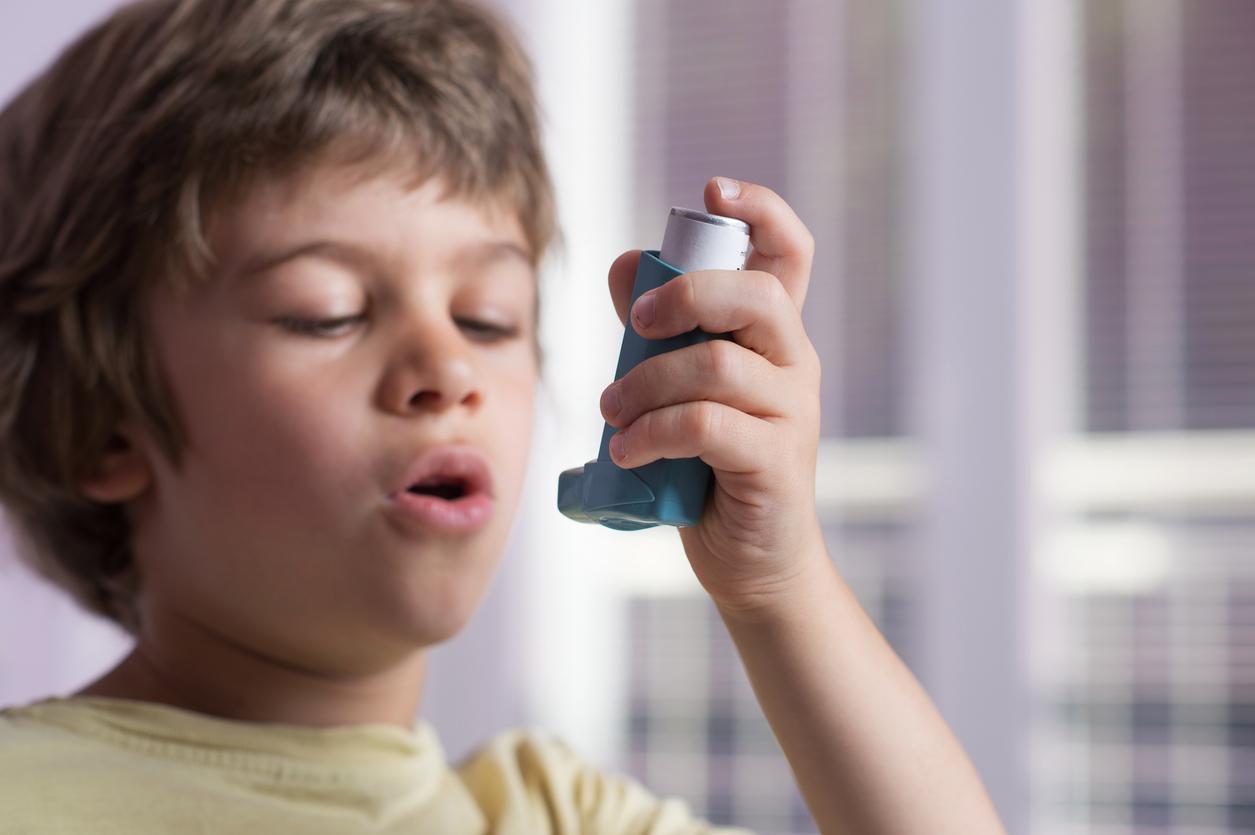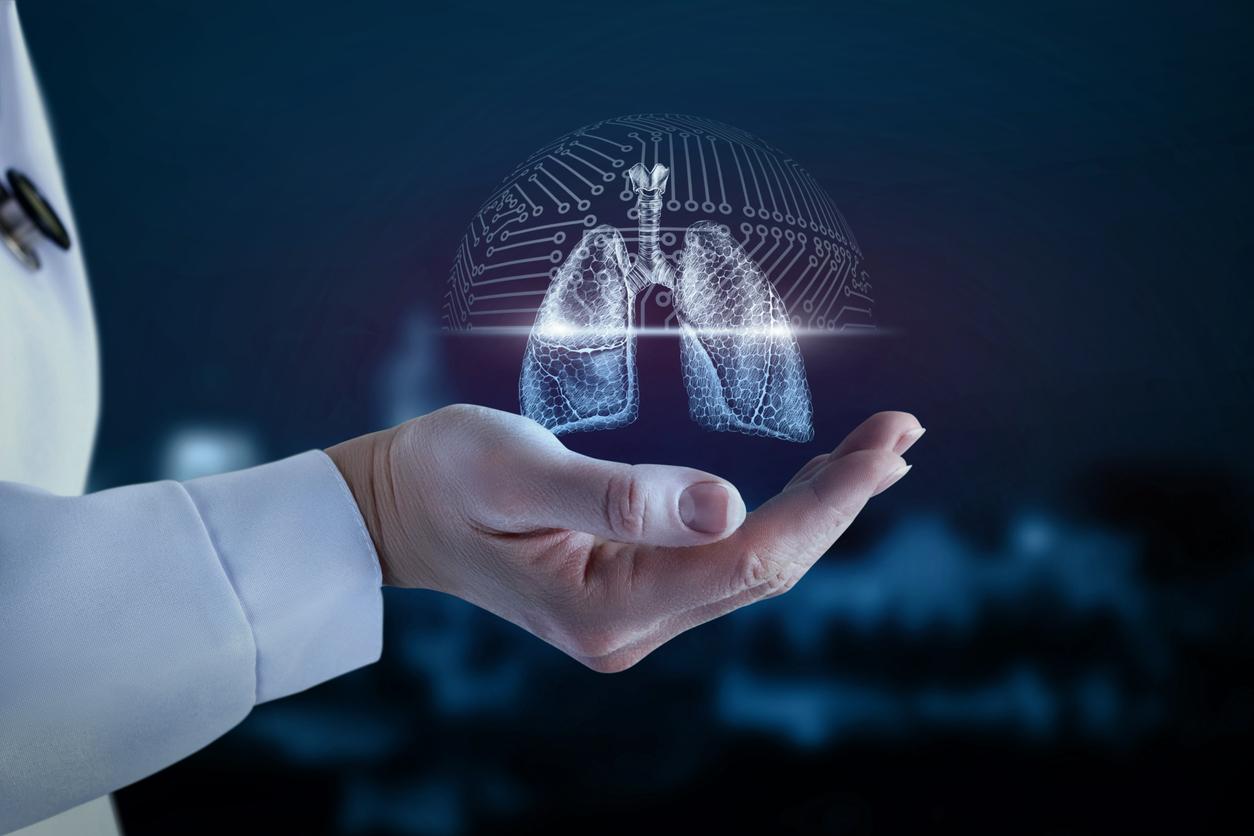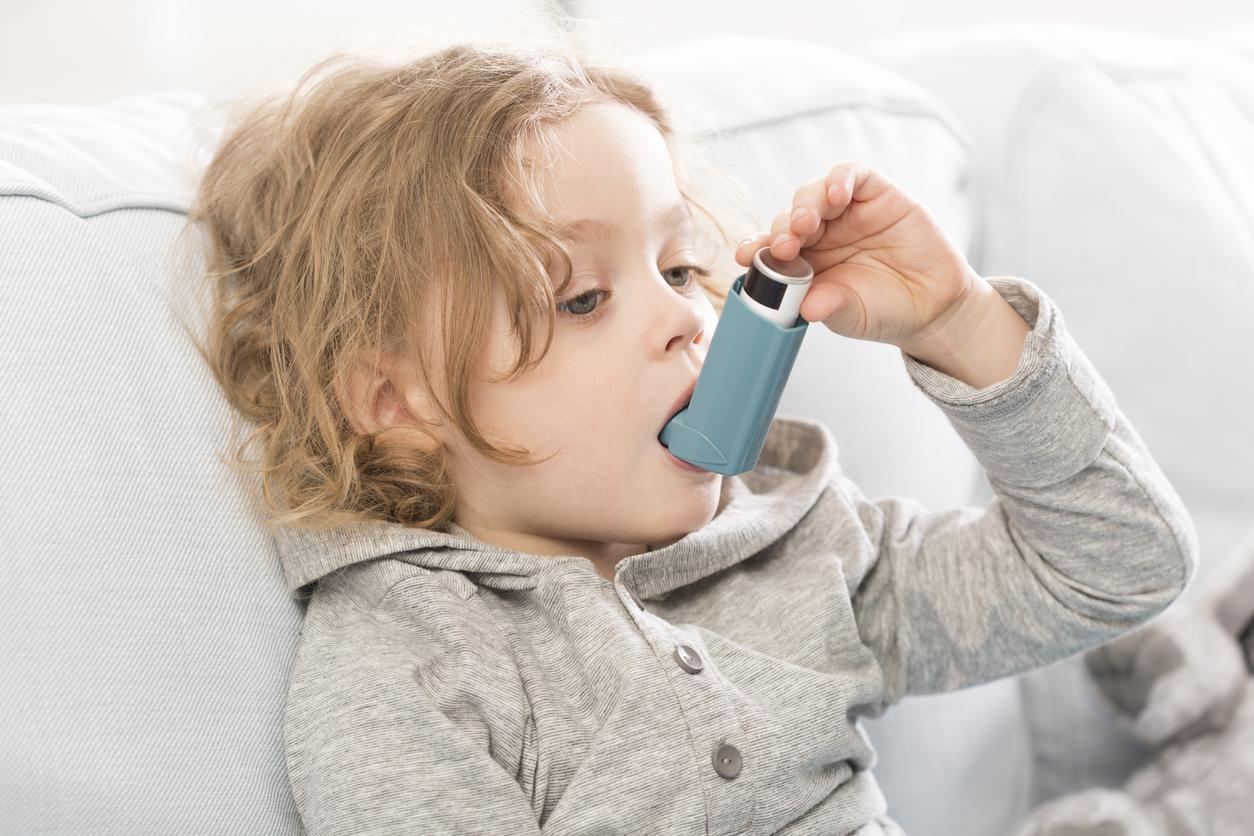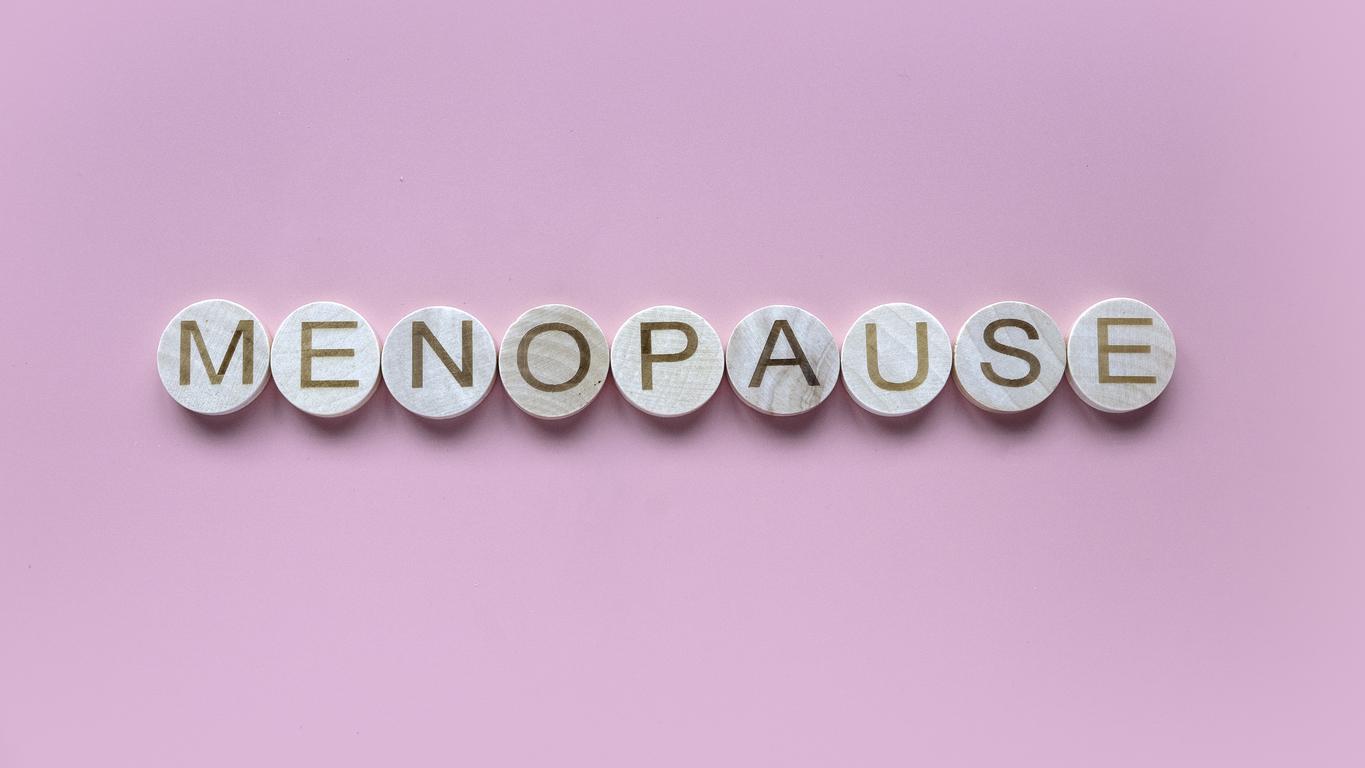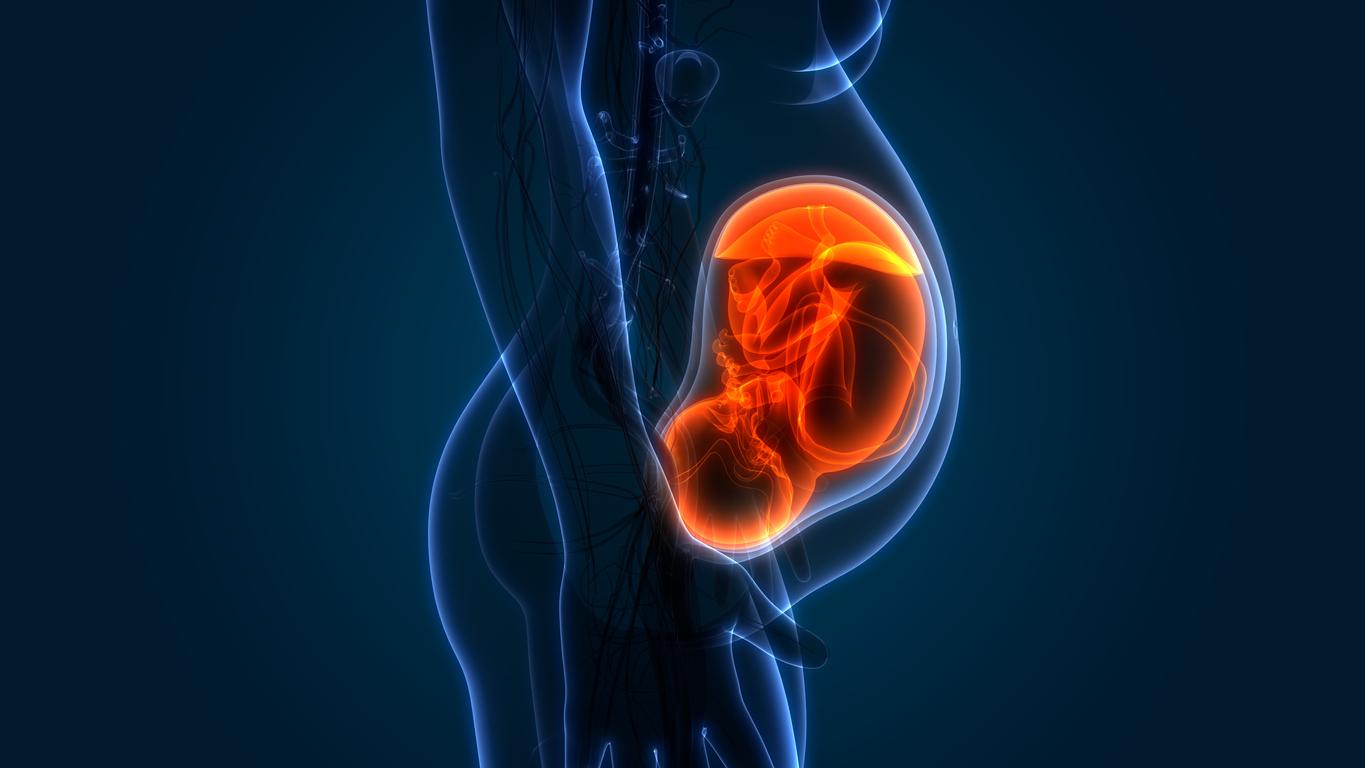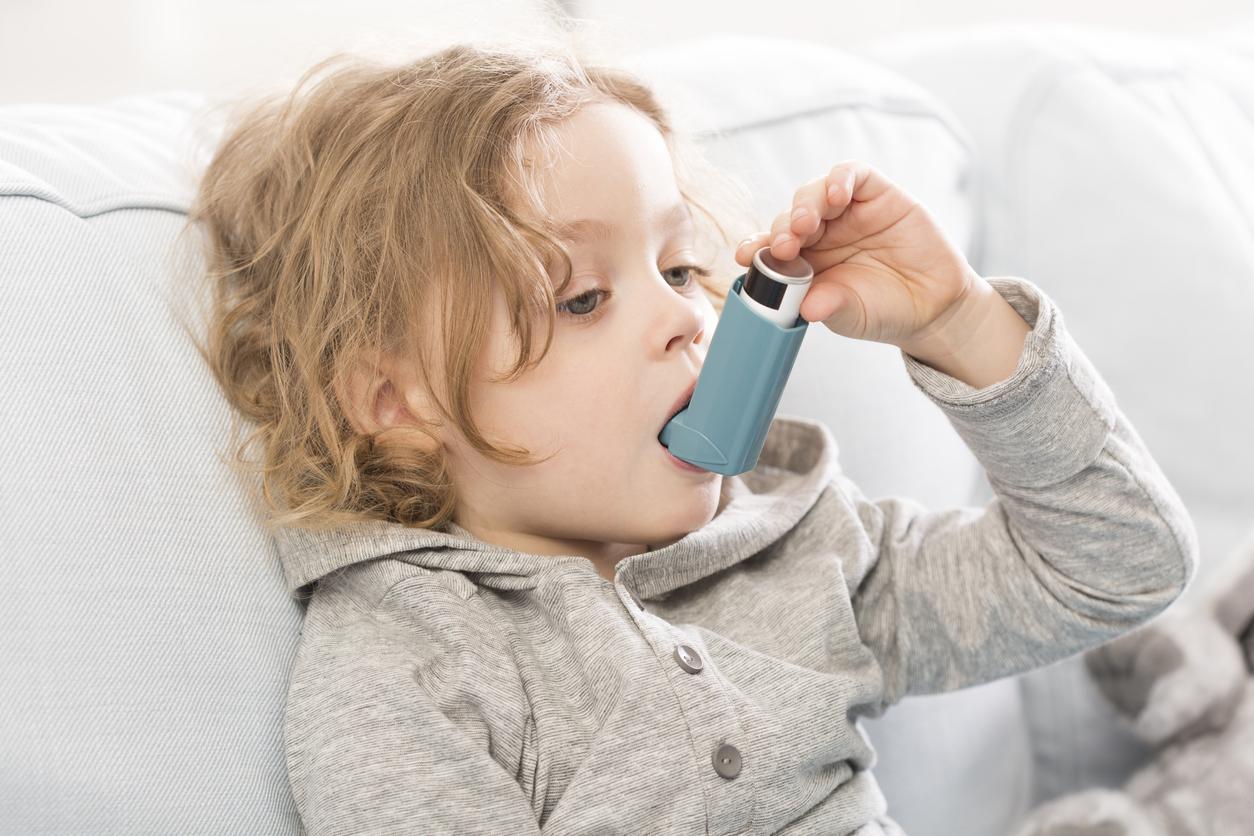Last weekend, many pollen-allergic patients were taken to the emergency room due to severe asthma attacks caused by the stormy episodes.
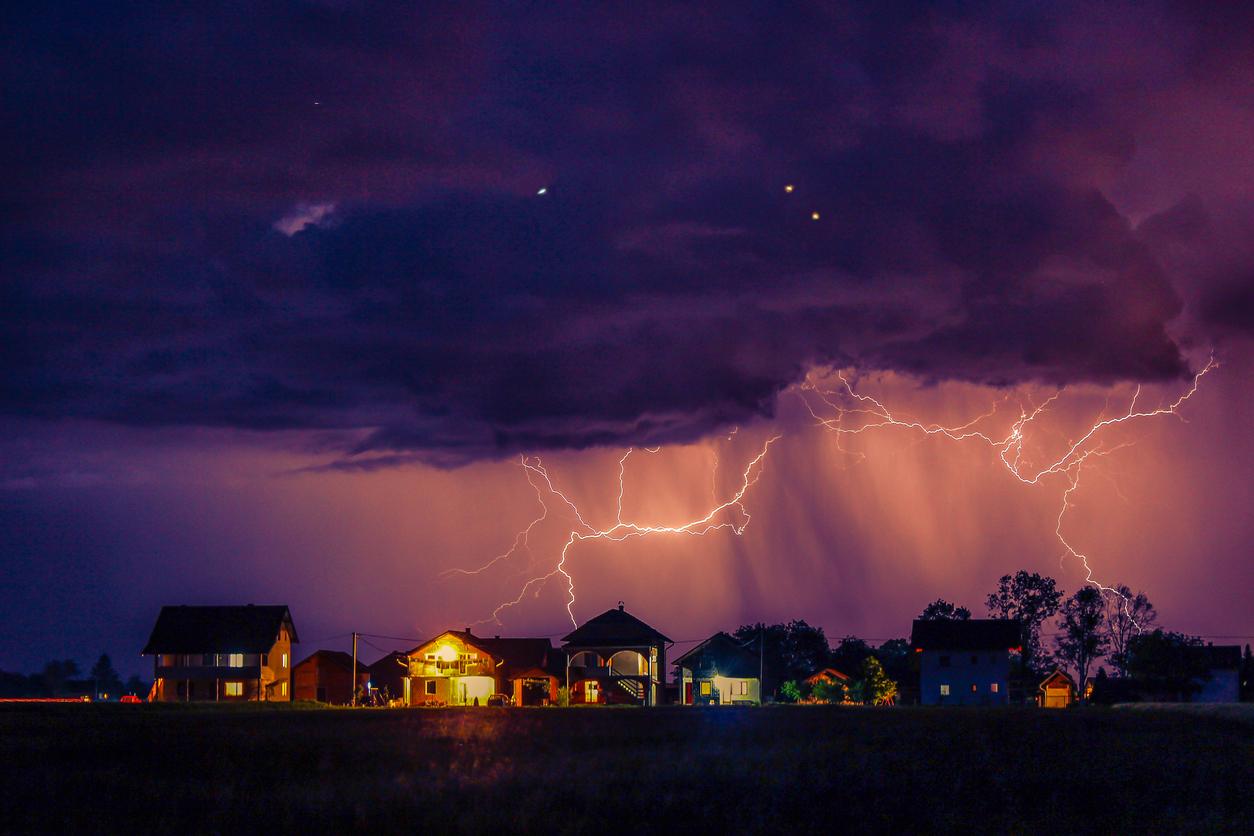
- On June 10 and 11, the number of emergency room visits for asthma attacks exploded due to stormy episodes.
- “Thunderstorm asthma” mainly affects people with seasonal allergic rhinitis.
- Thunderstorms are responsible for the fragmentation of pollen, which becomes finer, smaller and enters the nose, sinuses and lungs more easily.
“In the night from Saturday to Sunday, from midnight, we began to see an influx of patients, with a diagnosis of an asthma attack, when they were 25-year-old non-asthmatic people”, reported to France News, Catherine Legall, head of the emergency department at Argenteuil hospital. In detail, on June 10 and 11, 200 patients in the midst of an asthma attack, ten times more than usual, were treated in this hospital establishment. “It considerably increased the activity of the emergencies, we had a dozen patients who were constantly renewed. I’ve been working in the emergency room for 22 years, I’ve never seen this phenomenon!”, explained to France Bluethe chef.
Asthma: thunderstorms break up pollen which becomes finer and smaller
The phenomenon mentioned by Catherine Legall is called “thunderstorm asthma” and was first described in the 1980s in England and Australia. The latter mainly affects people suffering from seasonal allergic rhinitis. In 2022, researchers at the University of Melbourne (Australia) wondered how thunderstorms could trigger asthma attacks in patients. To find out, they conducted a study published in the journal The Journal of Allergy and Clinical Immunology.
In a press releaseé, scientists explained that stormy episodes can aggravate asthma because of cold currents that concentrate air particles, such as pollen and mold. These particles are carried into the clouds where the humidity is high. Then wind, lightning, and humidity reduce their size, allowing particles to easily enter the nose, sinuses, and lungs. “Gusts of wind concentrate these small particles so that large amounts can be inhaled.”

Asthma, allergies: patients must “avoid travel or physical exertion”
On Twitterthe Ile-de-France Regional Health Agency calls on the most vulnerable people to take precautions. “Faced with the strong surge in emergency consultations for asthma attacks, the ARS recommends that people with asthma, allergies or respiratory pathologies avoid travel or physical effort”.







